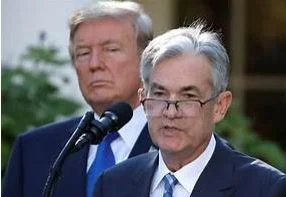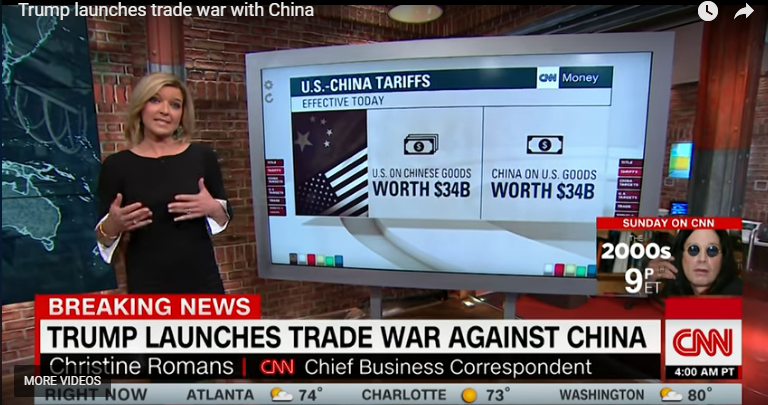Tariff Man Breaks Windows
“I am a Tariff man," tweeted the Tweeter-in-Chief, threatening China’s Xi with heavier trade barriers. So how has Trump’s tariffpoolza worked out? Eric Boehm spells it out in a “Hit & Run” piece on Reason.com. Economic Policy Institute, which carries water for union causes, says the tariffs have created 300 aluminum jobs. Wahoo! And possibly another 2,000 jobs might be created. "We found absolutely no evidence of broad, negative impacts on the economy of steel and aluminum tariffs to date," Robert E. Scott, EPI's senior economist, told CNBC,
So, that’s what we can see. However, Bastiat would wonder, if he were here, what is it we can’t see?
Boehm points out that the 300 hundred jobs came to life after “American companies have paid about $690 million in tariffs to the federal government.”
That works out to $2.3 million per job we know about or $300,000 per possible job. When considering the jobs lost, Boehm writes,
The Trade Partnership predicted that the number of jobs in American steel- and aluminum-producing industries would increase by about 26,300, while tariffs reduced employment in the economy as a whole by about 429,000. That's 16 jobs lost for every job gained.
Tariffs Hurt the Heartland provided the news that more was paid in tariffs this past October than any month in U.S. history--$6.2 billion. Who knew that #MAGA was all about the tariff?
“The numbers don’t lie,” said Tariffs Hurt the Heartland spokesman and former Congressman Charles Boustany. “Americans are paying these taxes and they’re paying more than ever before. These tariffs are not making our country wealthier, they are doing the exact opposite. This data shows that tariffs have been an unmitigated failure in achieving any of the Administration’s goals. All that’s happening is businesses and consumers are paying more, American exports subject to retaliation are rapidly declining, and the deficit the Administration cares so much about is ballooning”
“That Which is Seen and that Which is not Seen,” was written by French economist Claude Frédéric Bastiat whose story involves a boy breaking a shopkeeper’s window. Bastiat wrote,
But if, on the other hand, you come to the conclusion, as is too often the case, that it is a good thing to break windows, that it causes money to circulate, and that the encouragement of industry in general will be the result of it, you will oblige me to call out, "Stop there! Your theory is confined to that which is seen; it takes no account of that which is not seen."
It is not seen that as our shopkeeper has spent six francs upon one thing, he cannot spend them upon another. It is not seen that if he had not had a window to replace, he would, perhaps, have replaced his old shoes, or added another book to his library. In short, he would have employed his six francs in some way which this accident has prevented.
In our case, Trump is the boy throwing rocks. The glaziers are those happily toiling away in aluminum factories. Businesses saddled with the tariffs are the shopkeepers who can’t spend the money on other things, like capital improvements, or hiring additional staff.
Tariff Man, Bastiat had your number long ago.






